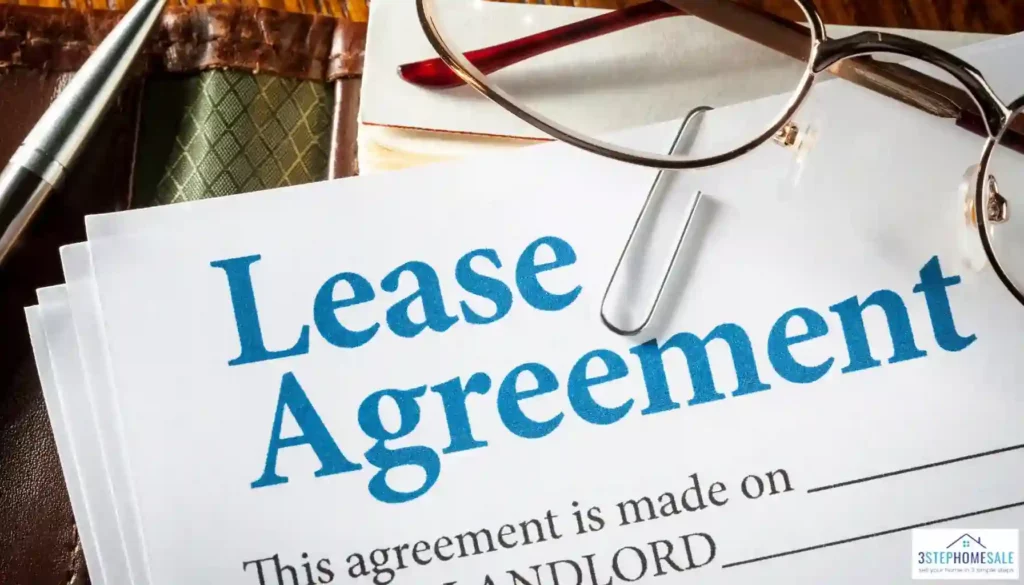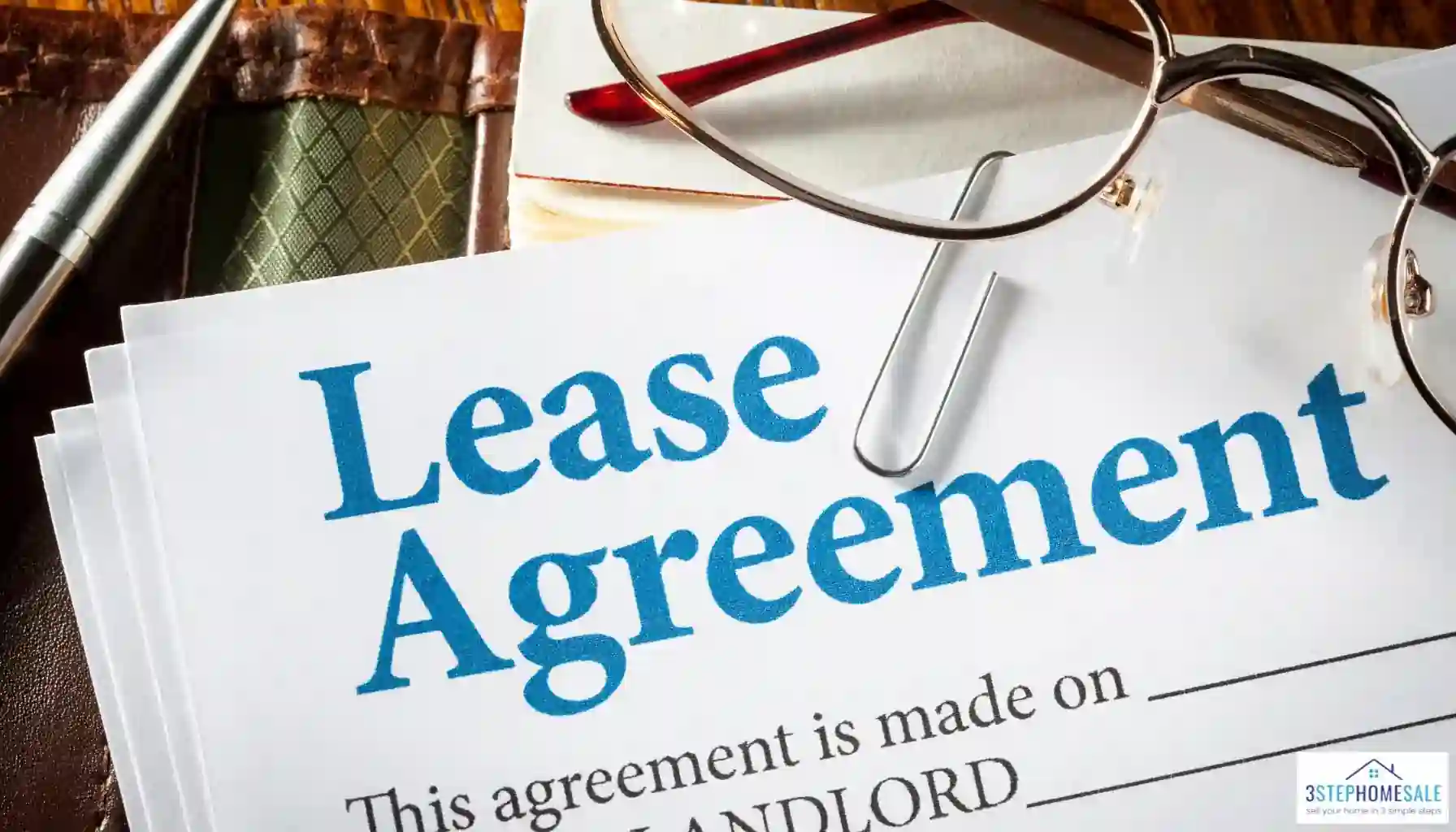
Handling Rental Properties for Sale with a Lease Agreement in Place
Rental properties for sale while it’s still occupied can feel like walking a legal and emotional tightrope. Whether you’ve inherited a rental, need to move unexpectedly, or want to pivot your investment strategy, navigating a sale while honoring your tenant’s lease is often unfamiliar ground for homeowners. Understandably, this can create stress for both you and your tenants.
If you’ve been asking, “can a landlord sell house during lease”, “can a landlord break a lease if they sell the house”, or “can I sell my house if it’s rented”, this guide will break it down in clear, actionable steps.
Can I Sell a House with a Lease Agreement in Place?
Yes, you can absolutely sell a house that has an active lease. However, it’s important to know that selling the property does not automatically terminate the lease agreement.
When you own a rental, you have the right to sell the asset, but the tenant’s lease remains legally binding. The buyer essentially steps into your shoes as the new landlord, inheriting the lease terms and responsibilities.
Homeowners typically consider selling rental properties when:
- They inherit a tenant-occupied home.
- They need to relocate unexpectedly.
- They want to cash out or shift to different investment strategies.
But selling with a lease in place comes with legal obligations and may raise concerns about the impact on your tenants. It’s not just a financial decision, it’s a people decision too.
Fixed-Term vs. Month-to-Month Lease: What’s the Difference?
| Lease Type | Impact on Sale |
|---|---|
| Fixed-Term Lease | Buyer must honor the lease until it expires. |
| Month-to-Month Lease | Easier to terminate with proper notice (often 30-60 days). |
Key Takeaway: Selling during a lease is common, but the lease “travels with the house.” New owners must respect the existing lease unless local laws or agreements say otherwise.
What Happens to the Lease if the House Is Sold?
When you sell a tenant-occupied property, the lease typically remains in effect. Here’s what you need to know:
- Lease Transfer: The buyer assumes the role of landlord and must honor the lease terms.
- Tenant Protections: In many states, especially those with strong tenant rights laws, tenants cannot be forced to move simply because the property has changed ownership.
- Buyer Profile: Investors often prefer tenant-occupied properties because they provide immediate rental income. Owner-occupiers might request the house be delivered vacant, which could complicate the sale timeline.
Tips for Smooth Communication:
- Notify tenants as early as possible.
- Explain their rights and reassure them about the transition.
- Consider offering incentives if you hope to negotiate early lease termination.
Can a Landlord Break a Lease if They Sell the House?
In most cases, the answer is no. Selling the house does not automatically give the landlord the right to break the lease. However, there are exceptions:
Possible Exceptions:
- Early Termination Clauses: Some leases include provisions that allow for early termination if the property is sold, but these clauses are rare and must be explicitly written.
- Mutual Agreement: A landlord and tenant can negotiate an early termination if both parties agree.
- Incentivized Buyouts: Some landlords offer cash incentives for tenants to voluntarily vacate before the lease ends.
- State-Specific Laws: In a few states, certain circumstances may allow for lease termination, but this is uncommon.
Important: Breaking a lease without proper legal grounds can lead to lawsuits or financial penalties.
Ways to Sell a Tenant-Occupied Property
When selling a rental property that is currently occupied, you have several strategies to consider. Each option comes with its own set of advantages and challenges, depending on your timeline, the tenant’s cooperation, and your financial goals.
1. Wait for Lease Expiration
Allowing the current lease to run its course before listing the property is often the simplest approach.
✅ Pros:
- Simplifies the Sale Process: Once the tenant moves out, you can sell the property vacant, which typically makes it more attractive to owner-occupiers rather than just investors.
- Wider Buyer Pool: Many traditional buyers prefer to purchase homes they can immediately move into, expanding your potential market.
❌ Cons:
- Potential Time Delay: If the lease has several months or even a year remaining, you may need to wait longer than you’d like to access your equity or resolve other financial needs.
- Lost Buyer Urgency: During the waiting period, market conditions could shift, possibly reducing buyer demand or affecting your target sale price.
Best For: Sellers who are not in a rush and want to maximize interest from both homeowners and investors.
2. Negotiate Early Tenant Move-Out
Offering incentives to tenants to vacate before the lease expires is another path to consider.
✅ Pros:
- Faster Selling Timeline: You can list the property sooner without waiting for the lease to end, which may help if you need to sell quickly.
- Potential for More Buyer Interest: A vacant home is easier to stage, show, and market to traditional buyers who typically prefer homes without existing occupants.
❌ Cons:
- May Involve Financial Compensation: Tenants are not obligated to leave early unless they’re compensated, common incentives include cash payments or covering moving costs.
- Risk of Tenant Refusal: Some tenants may decline your offer, forcing you to either wait out the lease or consider selling with the tenant in place.
Best For: Sellers who are willing to negotiate and offer a cash for keys agreement to expedite the sale.
3. Sell to an Investor or Cash Buyer (with Tenant in Place)
Selling the property as-is with the tenant still under contract is often the fastest solution.
✅ Pros:
- Quick Sale: Real estate investors and cash buyers are typically more comfortable purchasing tenant-occupied properties and can often close in as little as a week.
- Seamless Lease Transfer: The existing lease agreement transfers directly to the new owner, and the tenant can continue living in the home uninterrupted.
❌ Cons:
- Limited Buyer Pool: Traditional homebuyers are usually not interested in purchasing occupied rentals, so you’ll mainly be marketing to investors.
- Slightly Lower Offers: Investors may offer less than market value, as they often factor in rental yields and potential risks associated with existing tenants.
Best For: Sellers who prioritize speed and convenience over getting top dollar.
Ready to Sell Your Rented House? Let’s Get Started Today!
Selling a rented home can be quick and straightforward with the right approach. Whether you’re dealing with a fixed lease, a month-to-month agreement, or simply looking for a fast, hassle-free sale, we can help you navigate the process with confidence.
We specialize in buying houses just like yours, rented, occupied, as-is. You don’t need to worry about showings, repairs, or lease negotiations. We’ll handle the details so you can move forward.
👉 Take the First Step Now: Fill out the short form below to get your no-obligation, fair cash offer. Our team will review your property and contact you quickly with a solution that works for you and your tenants.
Don’t wait, let’s make your rental properties for sale smooth, fast, and stress-free. Fill out the form today!
We Buy Houses for Cash In:
Alexandria | Fairfax | Woodbridge | Bowie | Rockville | Severna Park

